
- Article
- Article
The meanings of hurt
In the early modern period, gruesome incidents of self-castration and other types of self-injury garnished the literature of the time. Alanna Skuse explores the messages these wounds conveyed.

- Article
- Article
Why the 1918 Spanish flu defied both memory and imagination
The Black Death, AIDS and Ebola outbreaks are part of our collective cultural memory, but the Spanish flu outbreak has not been.

- Article
- Article
The ‘epileptic’ in art and science
From scarred outsiders in literature to the cold voyeurism of medical films and photography, people who experience seizures and epilepsy are rarely shown in a compassionate light in popular culture.

- Article
- Article
How music opens the doors of memory and the mind
People living with dementia can often still listen, perform or move to music. What does this tell us about how memories are formed?

- Article
- Article
The hidden history of homesickness
Gail Tolley delves into the history of homesickness and discovers that its rich past holds a clue to how we view the experience today.
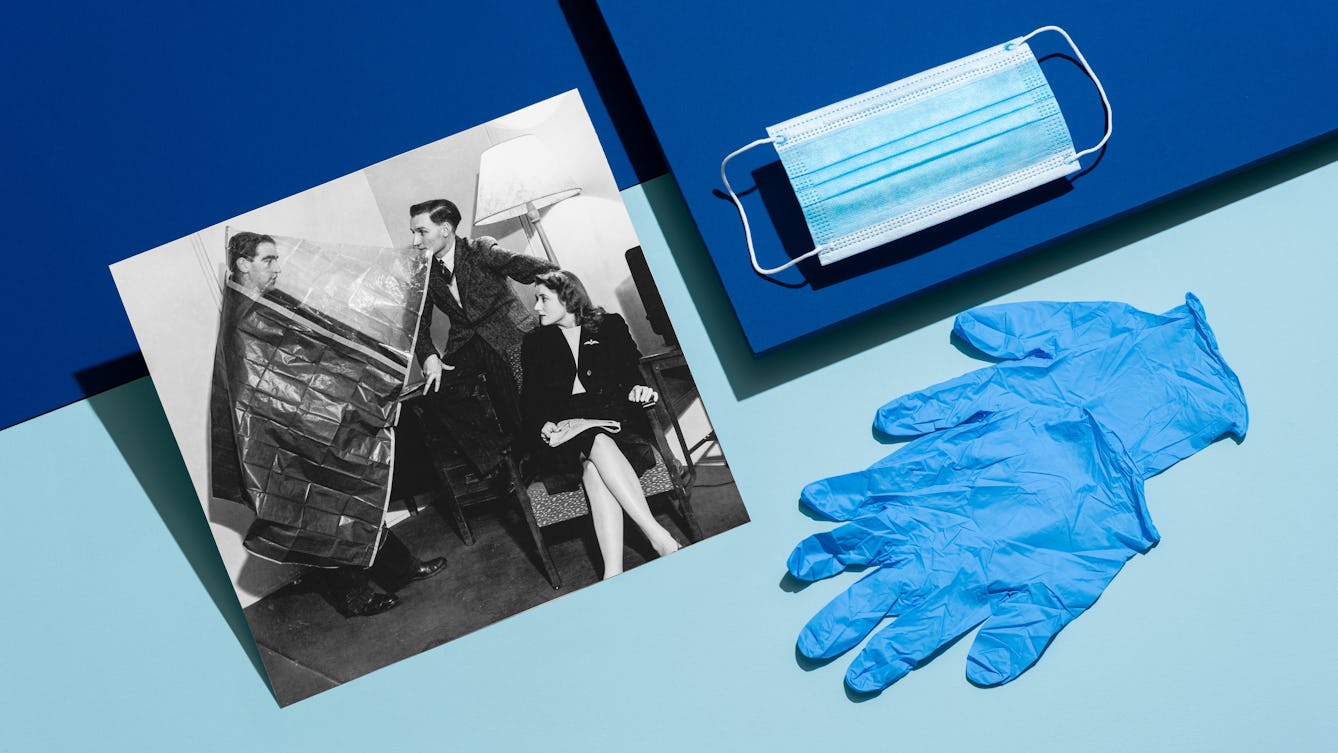
- Article
- Article
Remote romance and the common cold
Getting creatively romantic due to a virus sounds all too contemporary, but our archives show what socially distanced seduction looked like seven decades ago.

- Article
- Article
Notes on need
Writing about bodies, and hearing the stories of others’ bodies, Johanna Hedva also heard, over and over, how people blame themselves – and are encouraged to do this – for illness and disability.
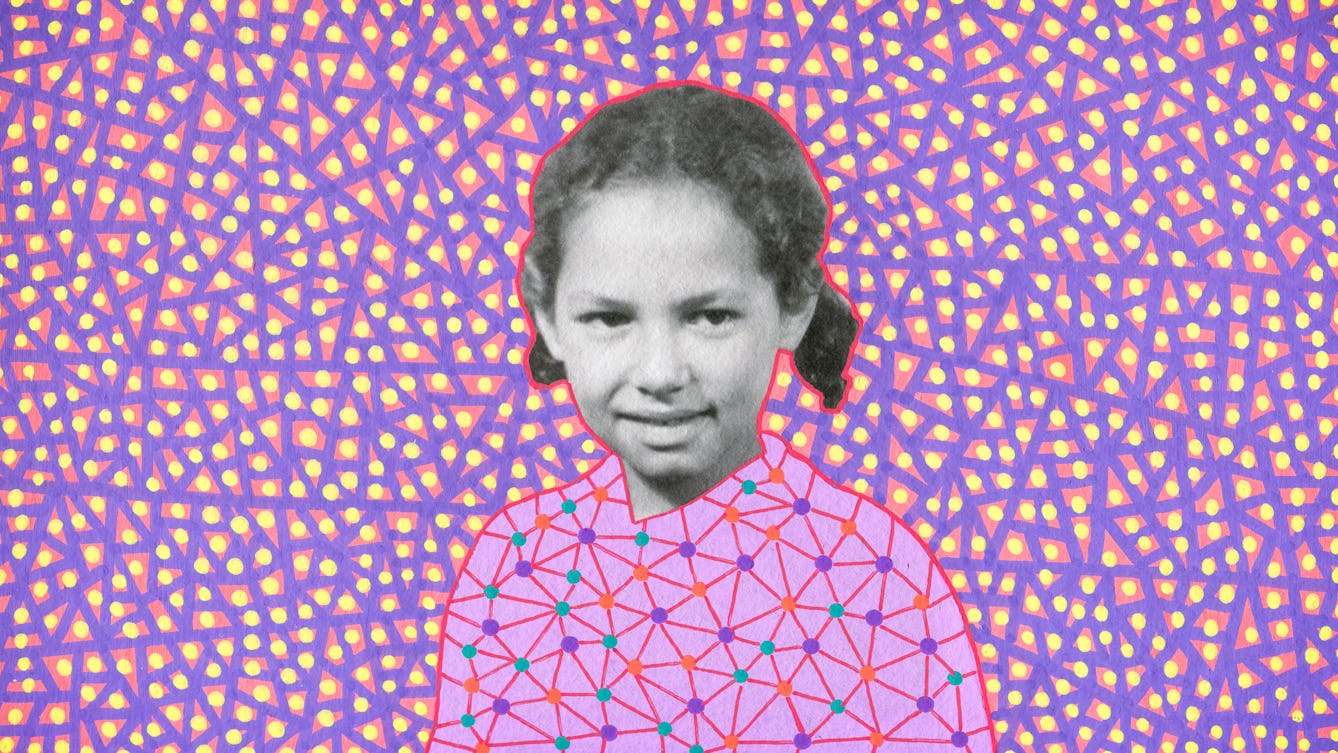
- Article
- Article
When you don’t belong, you drink
In the third part of her exploration of belonging, Tanya Perdikou unpicks the addictions that have shaped her past and uncovers the connections that make recovery possible.

- Article
- Article
Ginger’s role in cures and courtroom battles
Some people will use a dose of ginger to help with hangovers – but it hasn’t always been a friend to the thirsty.
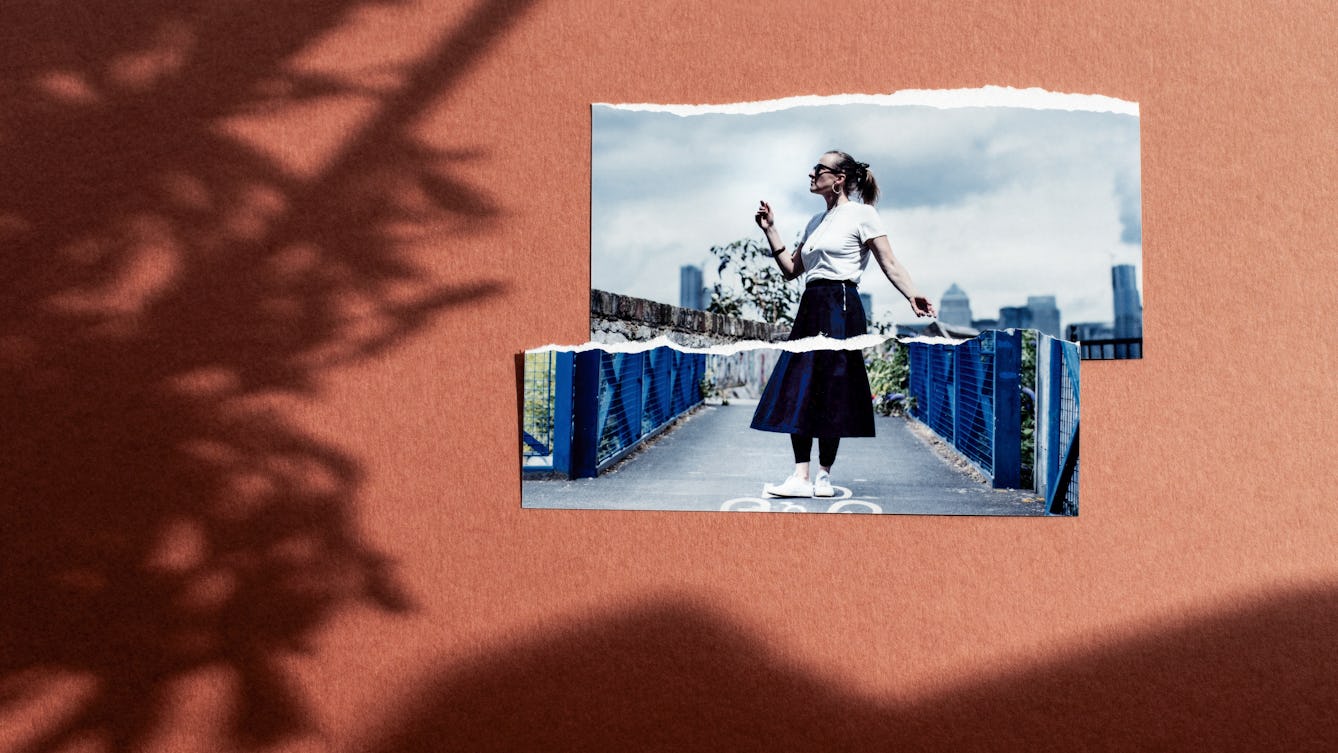
- Article
- Article
When contemporary dance meets dyspraxia
Discover why a rare neurological condition meant an enthusiastic club-night dancer struggled with formal dance classes. And how persisting with those classes paid off.

- Article
- Article
Dementia playlists and musical memory
Listening to the right music can provide both solace and pleasure for someone with dementia, helping them to reconnect with the world around them. Grace Meadows makes the case for more music in dementia care.

- Article
- Article
Shakespeare and the four humours
Blood. Phlegm. Black bile. Yellow bile. The theory of the four humours informed many of Shakespeare's best-known characters, including the phlegmatic Falstaff.
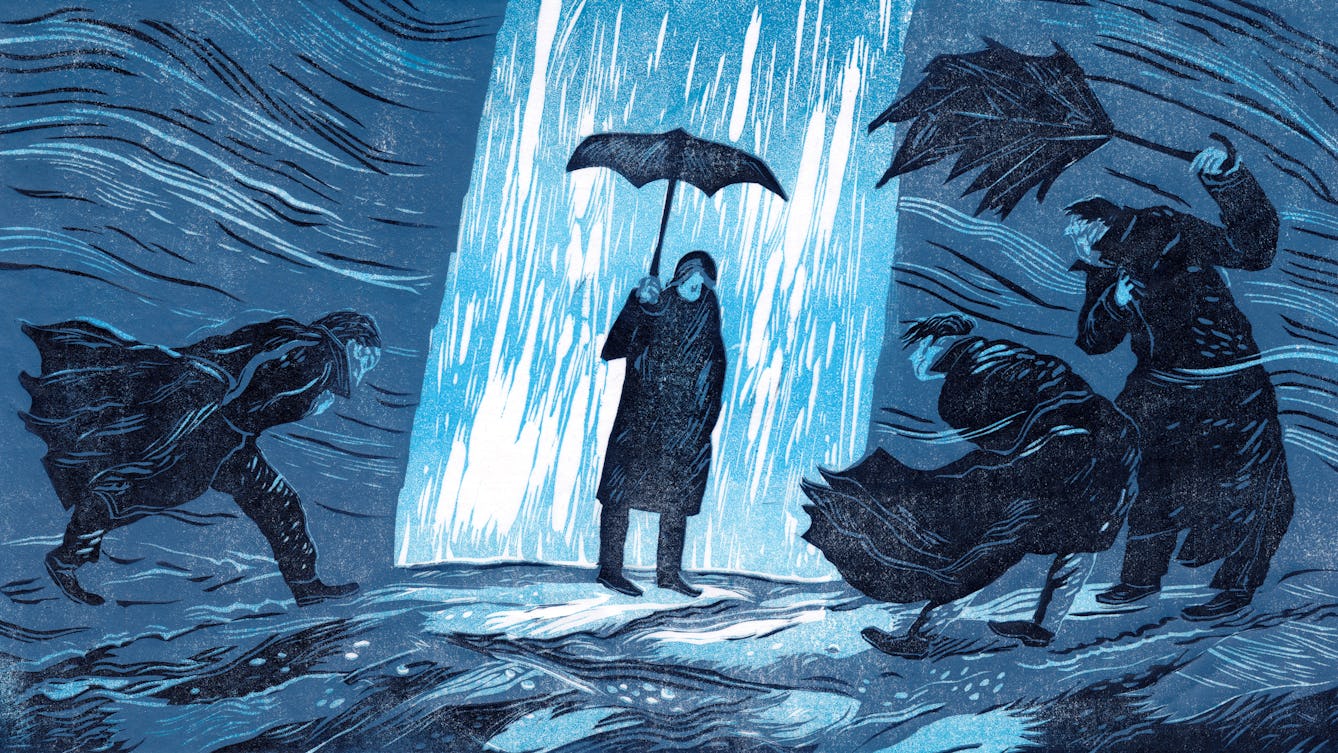
- Article
- Article
Finding the words to talk about emptiness
Shored up by a diagnosis and medication, Cassie Doney tried to find out more about the profound feeling of emptiness they were experiencing. But research is thin on the ground.
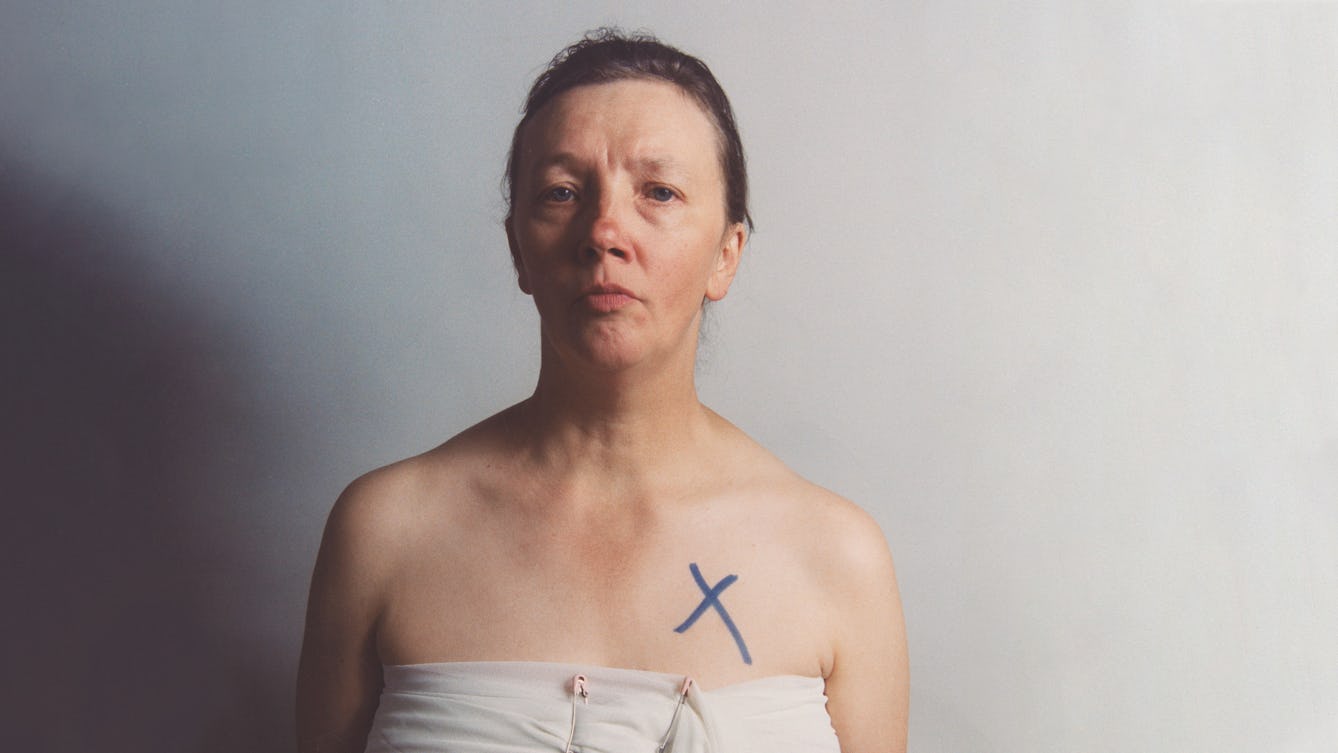
- Article
- Article
Pain, politics and the power of photography
Art historian Giulia Smith explains what she most admires in the work of Jo Spence and Oreet Ashery, and how their approach makes illness political.

- Article
- Article
Healing through ink
Taking an approach learned from his OCD treatment, Josh Weeks faced his fear of getting tattoos, and embraced inking as part of the healing process.

- Article
- Article
Hunting lost plants in botanical collections
A bark specimen at Kew recalls the story of a South American man who harvested the most potent source of the only effective malaria treatment available in the late 1800s. Killed for his work and forgotten by history, Manuel Mamani was a victim of the colonial juggernaut.
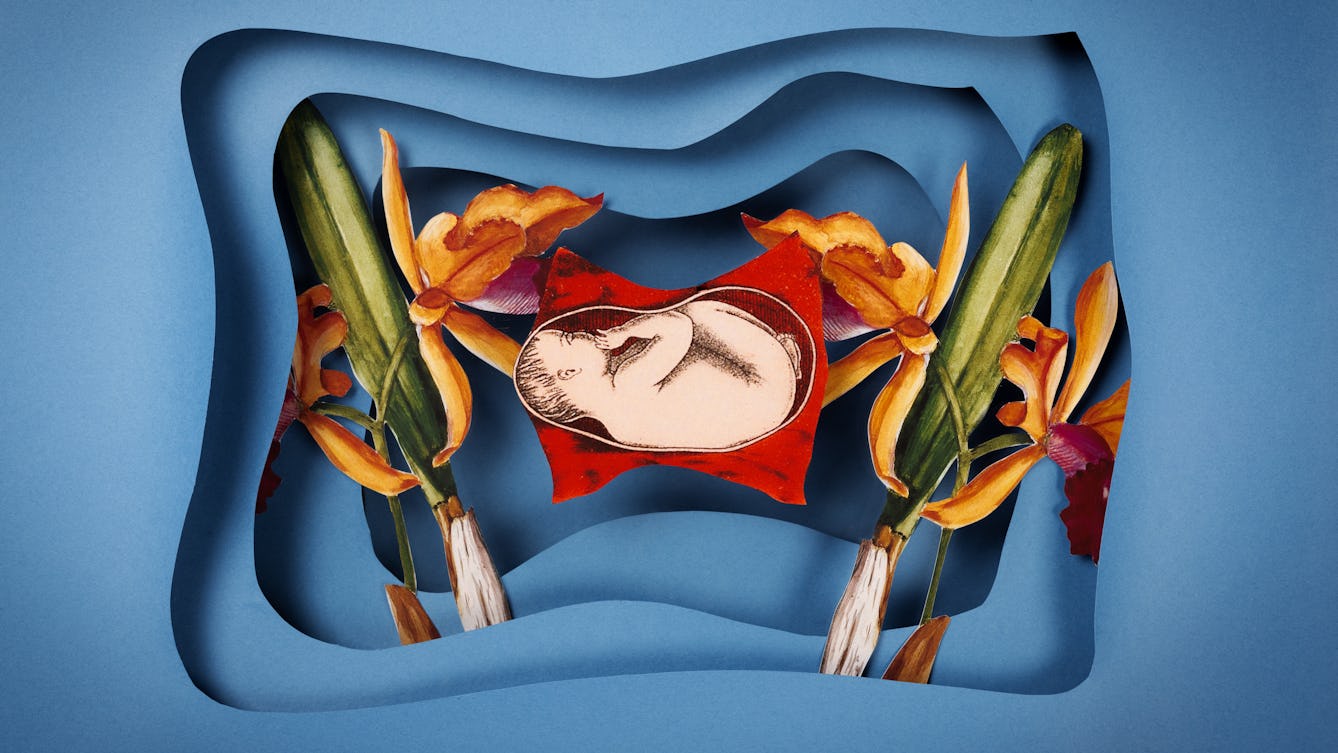
- Book extract
- Book extract
Of incubators, orchids and artificial wombs
In this extract from Claire Horn’s new book, ‘Eve: The Disobedient Future of Birth’, she traces the development of the artificial womb, soon to become a reality.
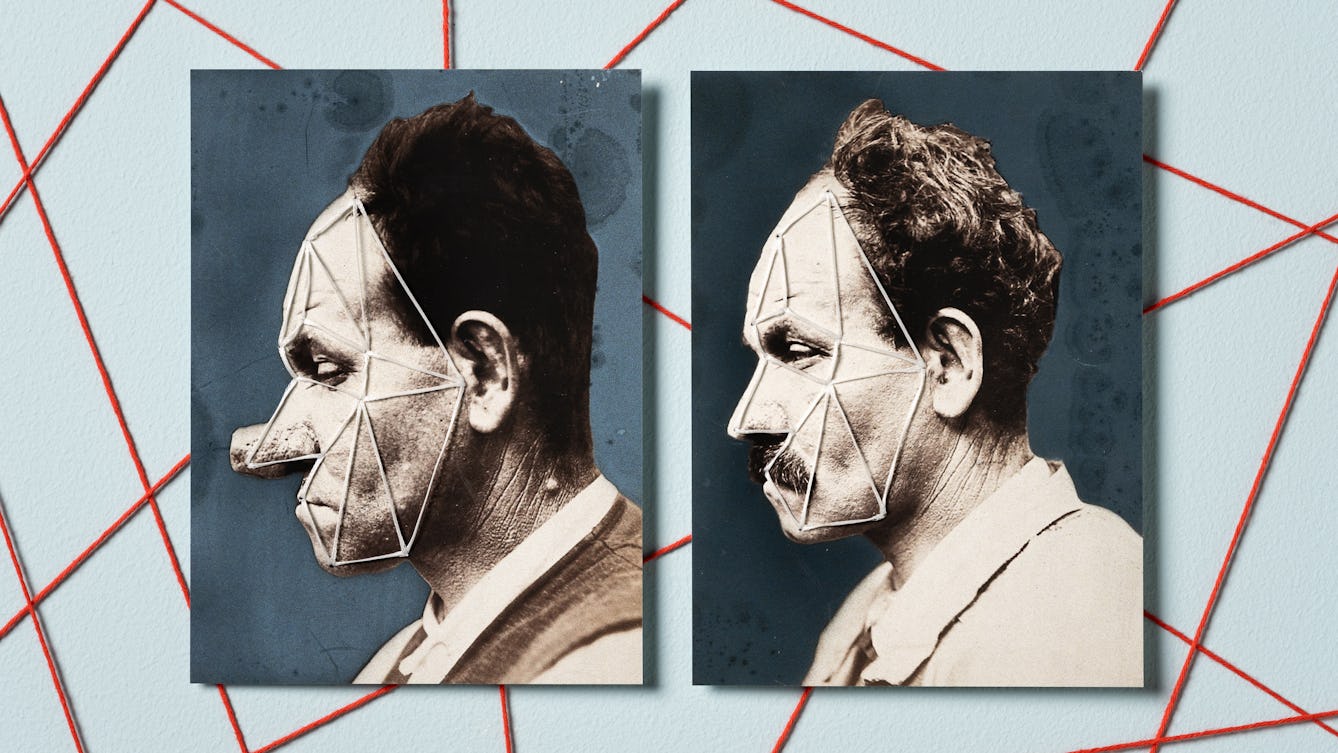
- Article
- Article
Why even plastic surgery can’t hide you from facial recognition
Once upon a time, plastic surgery allowed a few notorious criminals to evade the law. But today, sophisticated facial-recognition technology has turned dreams of anonymity to dust.
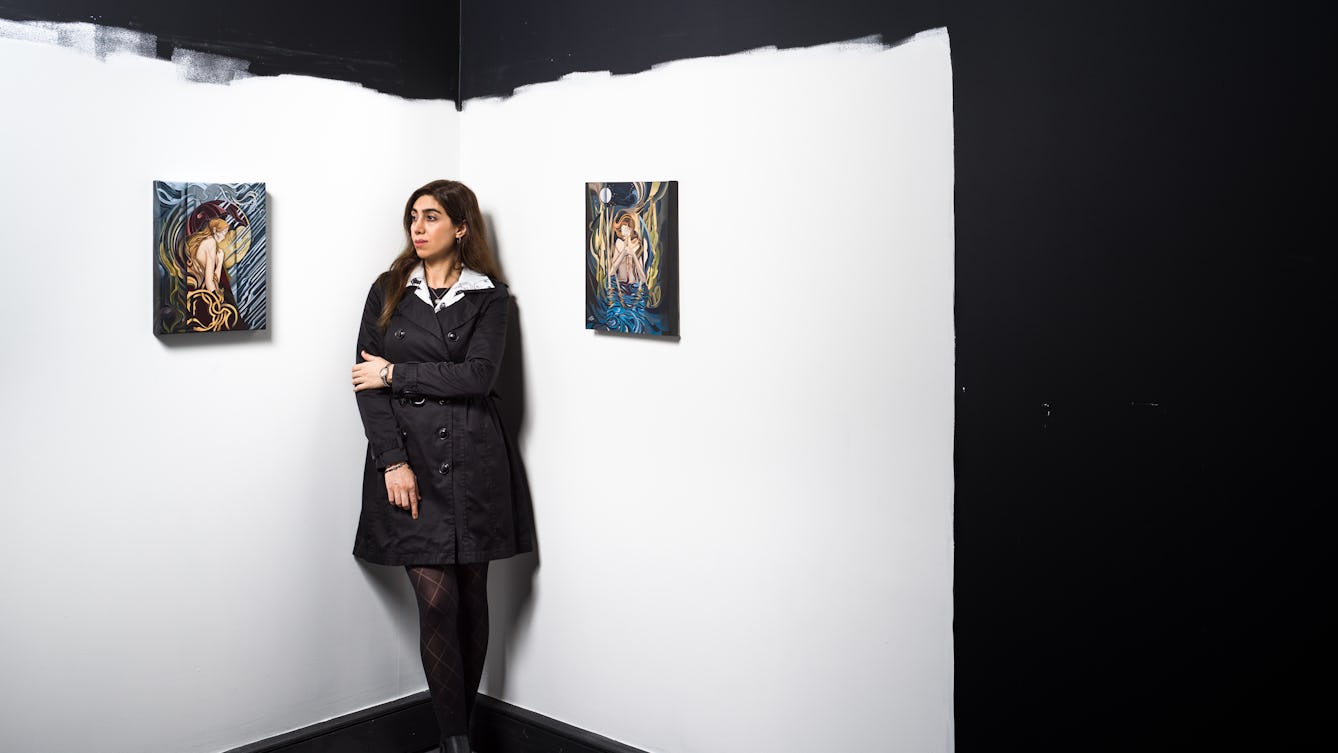
- Interview
- Interview
Refugee health on a pound a day
Two refugees living a hand-to-mouth existence in the UK explain how trauma has affected their health, and how a little kindness is bringing them hope.
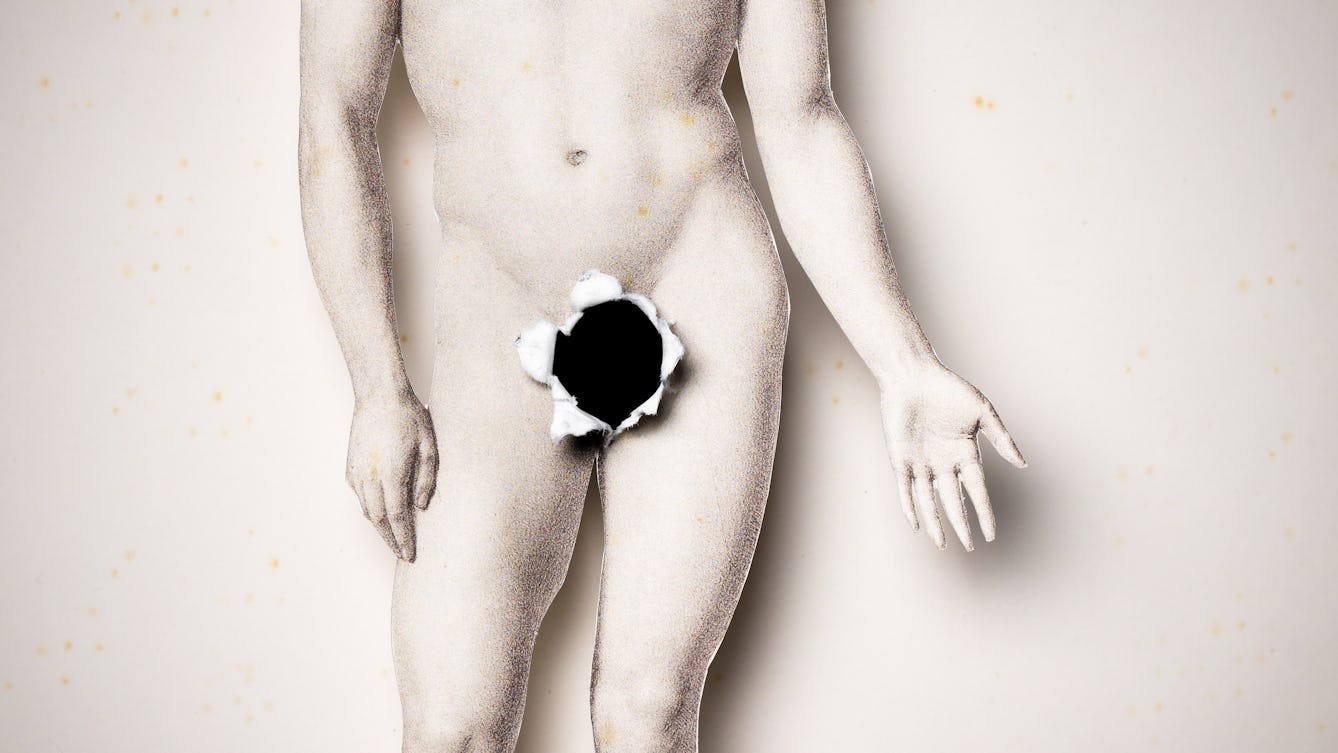
- Book extract
- Book extract
The castration effect
Discover how testosterone – or the lack of it – affects the male body, from eunuch slaves to castrato singers, and on to hormone reduction in modern prostate cancer treatment.

- Book extract
- Book extract
My important, ridiculous nose
The nose is a much-maligned appendage, but it’s a powerful organ capable of invoking powerful emotions from past memories and sexual attraction.